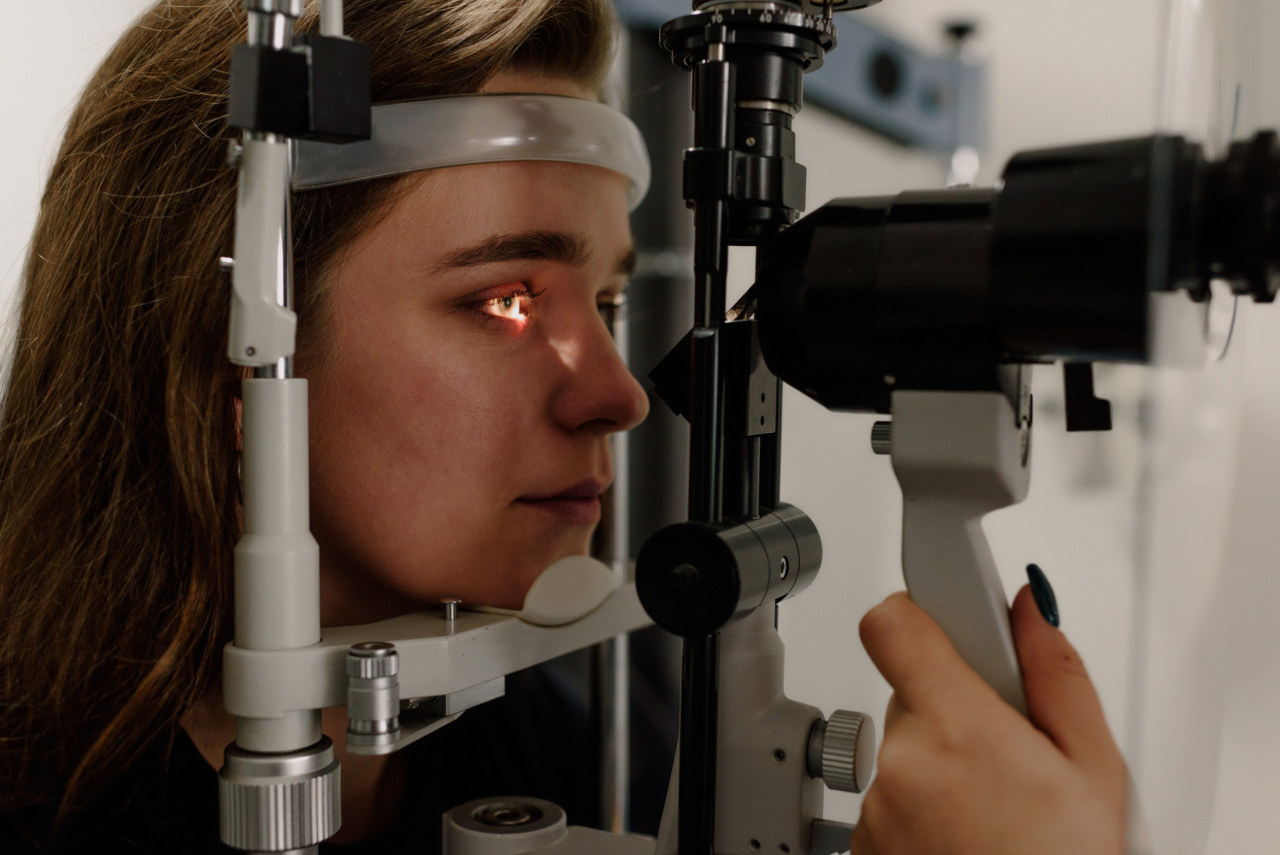When it comes to healthcare, finding the right hospital is essential for receiving the best possible treatment and care.
While there are many options available, going to a specially affiliated hospital can offer numerous advantages that can significantly impact your overall experience and outcomes.
1. Specialized Expertise
A specially affiliated hospital is typically associated with a specific medical specialty or offers specialized services.
This means that the doctors, nurses, and other healthcare professionals working in these hospitals have extensive training, knowledge, and experience in their particular field of expertise. Whether it’s cardiology, oncology, neurology, or any other specialized area, you can be confident that you will receive care from professionals who are highly skilled and up-to-date with the latest advancements in their respective fields.
2. State-of-the-Art Facilities
Specially affiliated hospitals are often equipped with state-of-the-art facilities and cutting-edge medical technology. These hospitals have the resources to invest in the latest diagnostic and treatment tools, which can directly benefit patients.
From advanced imaging techniques to robotic-assisted surgeries, patients can benefit from the most advanced medical technologies available, ensuring accurate diagnoses, effective treatments, and improved outcomes.
3. Collaborative Approach to Healthcare
Being affiliated with specific medical specialties, these hospitals foster a collaborative approach to healthcare.
Doctors from different specialties work closely together, sharing their expertise, insights, and knowledge to develop comprehensive treatment plans for patients. This multidisciplinary approach ensures that patients receive holistic care that is tailored to their specific needs, leading to improved outcomes and a higher quality of care.
4. Research and Clinical Trials
Specially affiliated hospitals often have a strong focus on research and clinical trials. These hospitals are often at the forefront of medical advancements and are involved in conducting groundbreaking research studies.
By seeking treatment at such hospitals, you may have access to experimental treatments, innovative therapies, and cutting-edge medications that are not widely available elsewhere. Additionally, being treated in a hospital involved in clinical trials means that you are benefiting from the latest evidence-based practices and contributing to the advancement of medical knowledge.
5. Comprehensive Range of Services
Specially affiliated hospitals are equipped to provide a comprehensive range of services, specific to their area of specialization.
This means that patients can receive all the necessary care, treatments, and interventions in one place, without the need for referrals to other facilities. Whether it’s diagnostic tests, surgeries, rehabilitation, or follow-up care, patients can conveniently access all the required services under one roof, streamlining their healthcare journey and minimizing inconvenience.
6. Personalized Care and Attention
Due to their specialized nature, these hospitals often cater to a specific patient population.
This allows for a more personalized approach to care, where healthcare professionals can focus on addressing the specific needs, concerns, and challenges of their patients. This personalized care can lead to improved patient satisfaction, better communication between healthcare providers and patients, and ultimately, better health outcomes.
7. Shorter Waiting Times
Compared to general hospitals, specially affiliated hospitals often have shorter waiting times for appointments, tests, and treatments.
As these hospitals primarily cater to patients within their specialized area, they can better manage appointment schedules and allocate resources efficiently. This means that you can receive the care you need promptly, without excessive delays or lengthy waiting lists.
8. Enhanced Patient Support
Going to a specially affiliated hospital often means accessing specialized support services tailored to meet the unique needs of patients with specific conditions or illnesses.
These hospitals may offer dedicated support groups, patient education programs, counseling services, and specialized clinics for managing chronic conditions. Such support services can play a crucial role in enhancing patient well-being, promoting self-management, and facilitating a smooth transition from hospital to home.
9. Continuous Quality Improvement
Given their specialization, specially affiliated hospitals are more likely to focus on continuous quality improvement.
These hospitals often have robust quality control measures in place, which aim to continually monitor and enhance the quality of care delivered. By seeking treatment at a hospital that emphasizes quality improvement, you can have peace of mind knowing that you are receiving care that adheres to the highest standards of safety, effectiveness, and patient satisfaction.
10. Comprehensive Follow-Up Care
After receiving treatment at a specially affiliated hospital, patients can benefit from comprehensive follow-up care, tailored to their specific needs.
These hospitals often have established protocols and systems in place to monitor and manage patient progress after treatment. Regular follow-up appointments, ongoing rehabilitation services, and access to specialists ensure that patients receive the necessary support and care beyond their initial treatment, promoting better long-term outcomes.





























